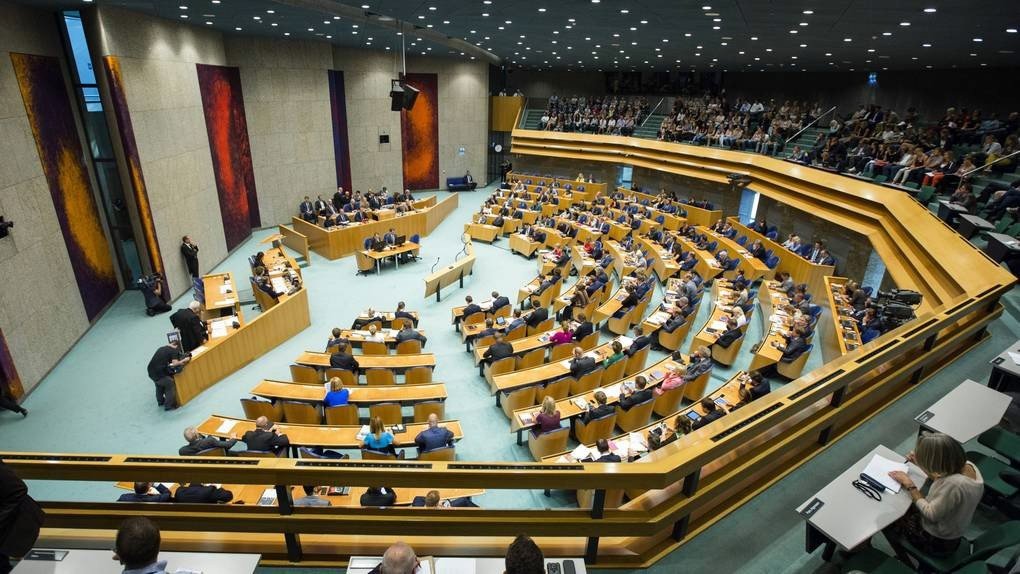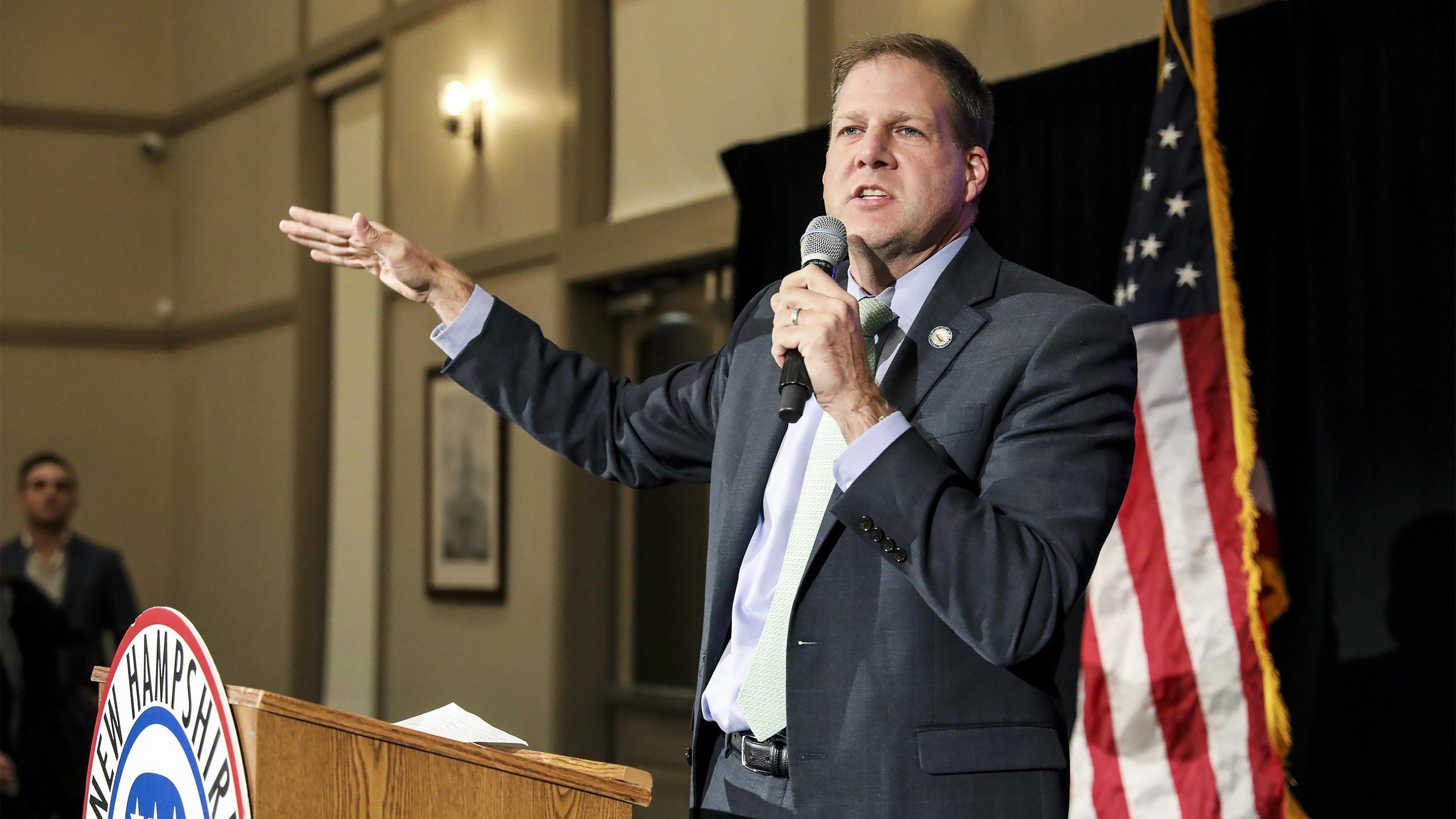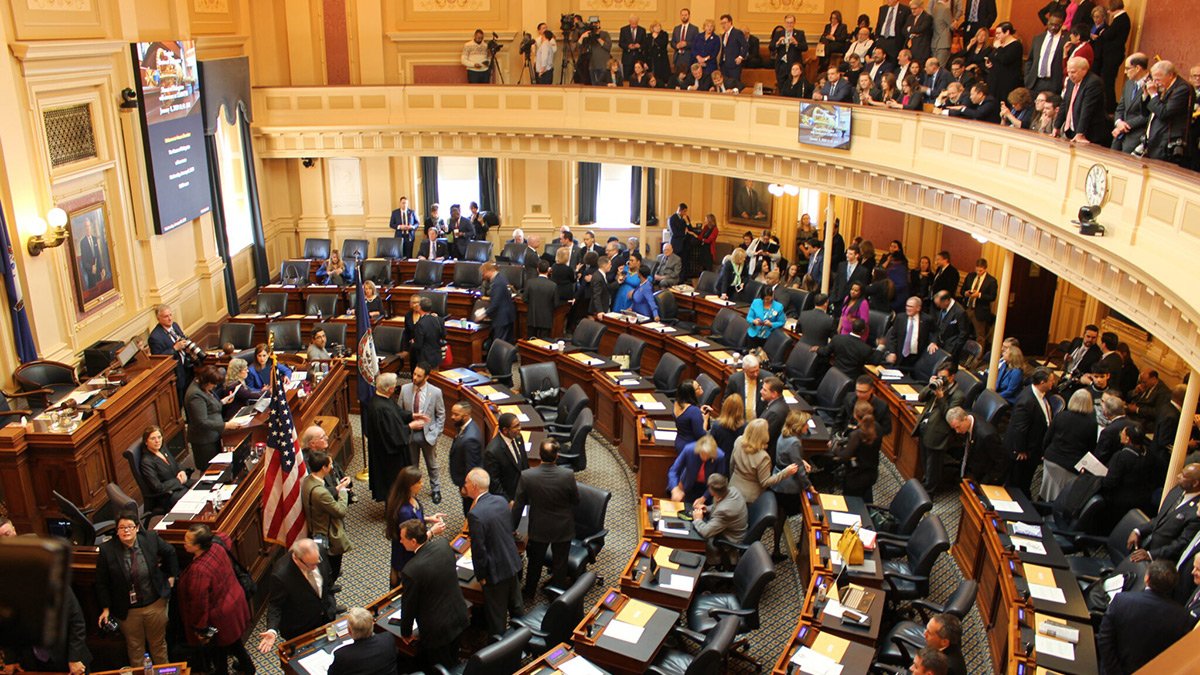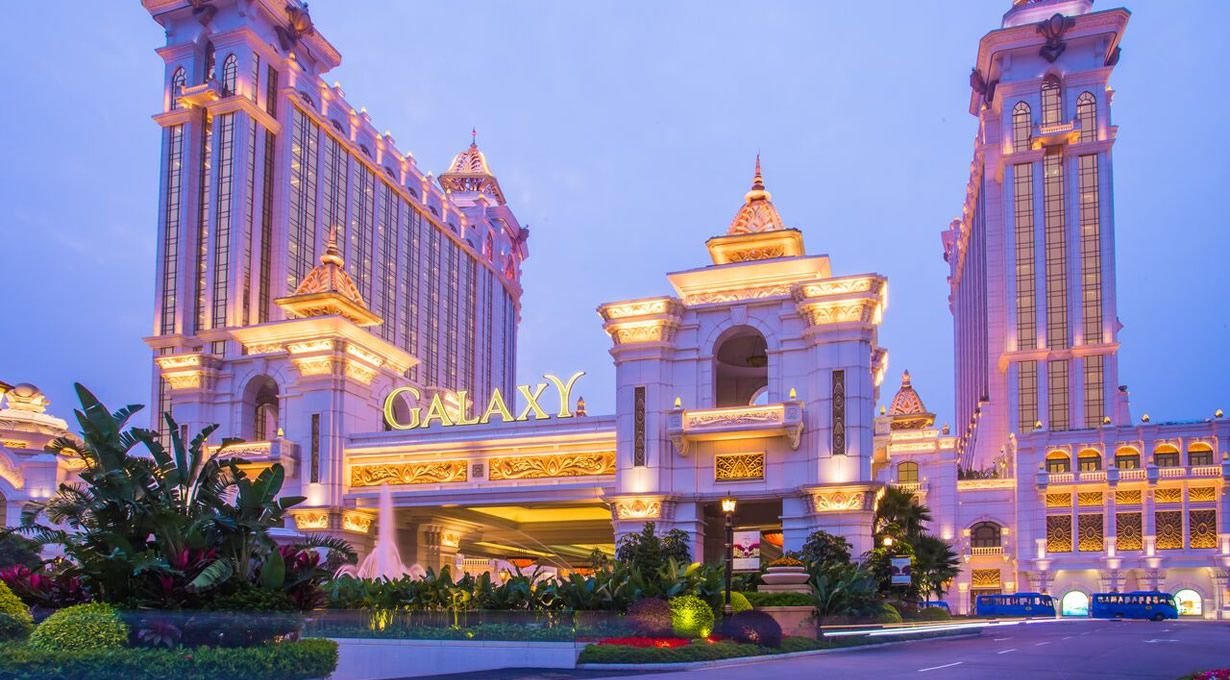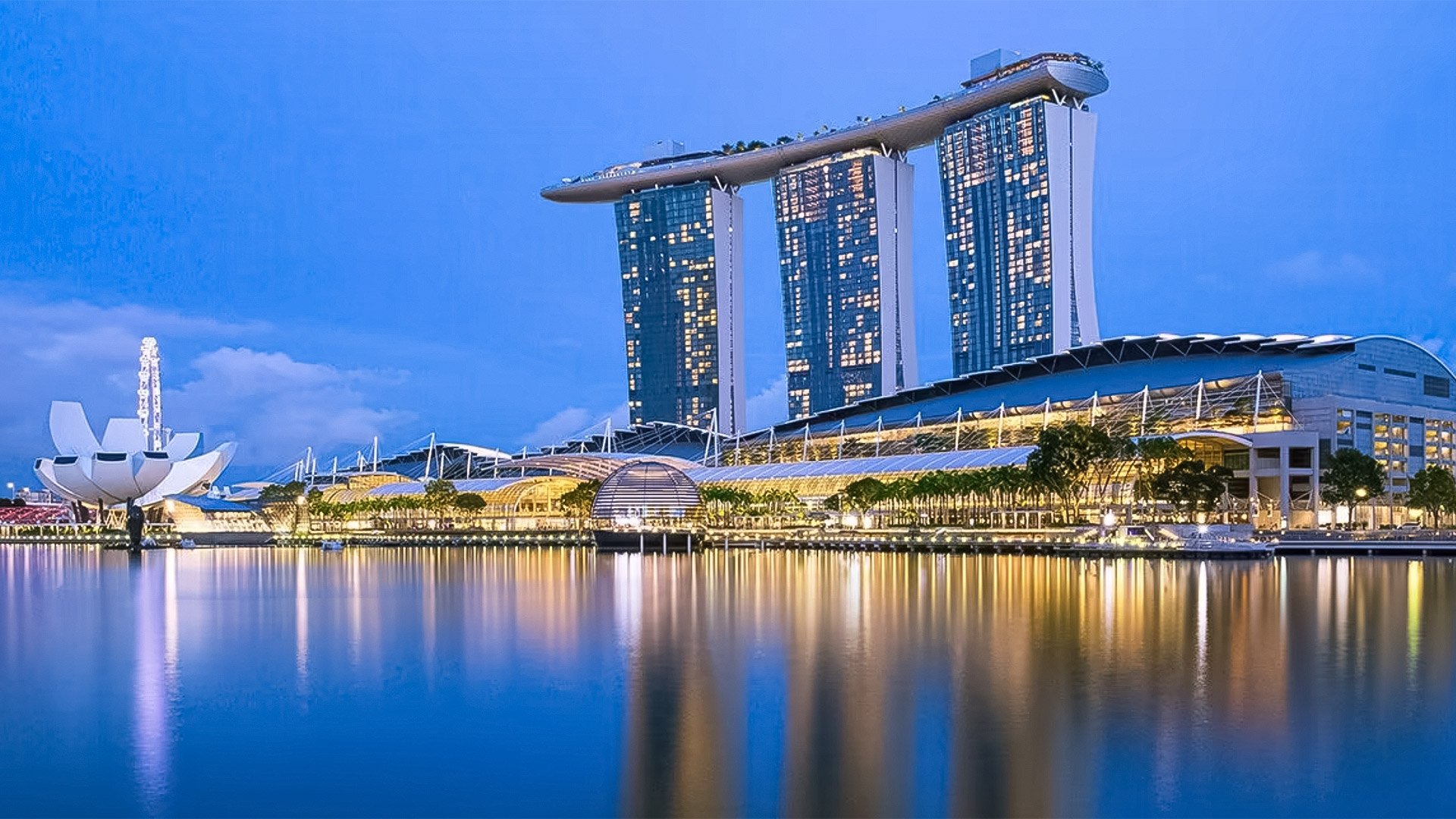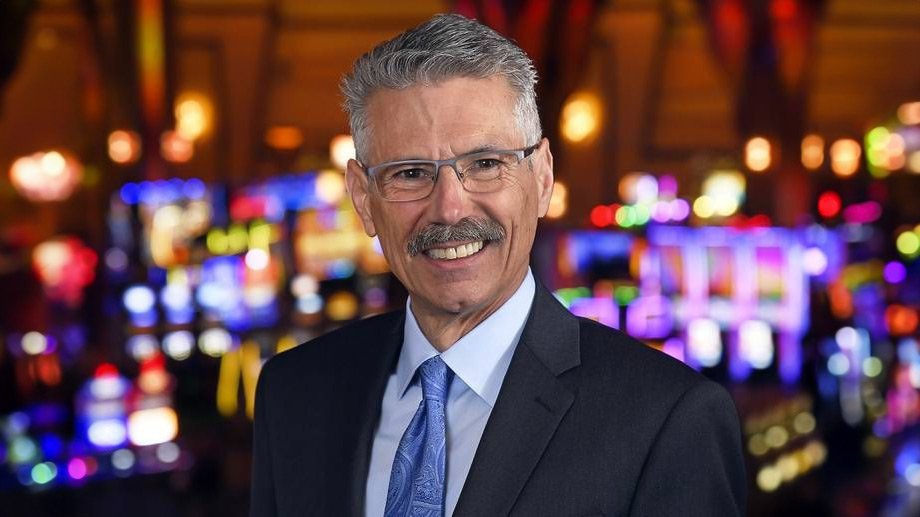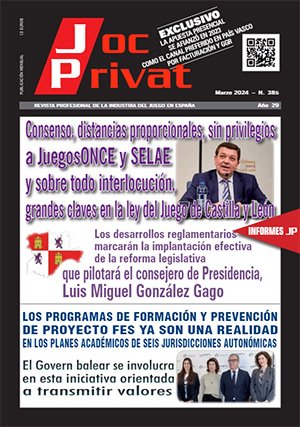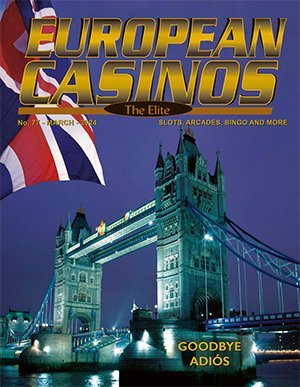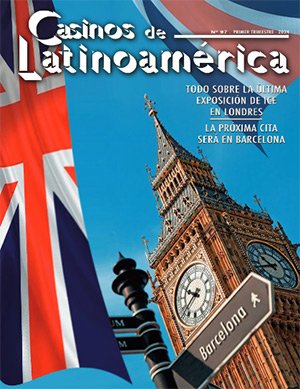"As long as I am Finance Minister, there will be no casino in Israel"
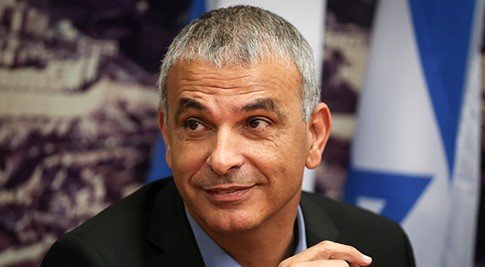
The finance minister on Wednesday spoke at a press conference as he accepted a special committee report on the government-supervised gambling industry, which recommended a ban on betting machines and gambling on horse races.
In his remarks, Kahlon called money earned through gambling “dirty” money and said, “People need this money to buy food for their children.”
Kahlon also dismissed outright the idea of building a casino in Israel to attract tourists.
““As long as I am Finance Minister, there will be no casino in Israel, he pledged
”
Legalized gambling in Israel is run by two bodies — Toto, responsible for sports gambling, and Mifal HaPayis, which oversees lotteries, scratch cards and gambling machines.
Gambling machines were first introduced by Mifal HaPayis in 2005.
According to the Ynet website, the industry earned NIS 10 billion ($2 billion, 500 million) in 2015. Profits from the industry — after overhead costs are covered and winners are paid — are earmarked for the public good such as education, community centers, and sports arenas.
The committee was tasked with investigating ways to increase the efficiency of the legalized gambling industry and to find ways to reduce the negative impact of gambling.
In its final report, it recommended a ban on video poker, video slots, and other similar machines, along with horse race gambling — all deemed to be addictive. In addition, the committee urged a cap on growth in the gambling industry to 3 percent a year. Figures posted by Ynet show that, from 2008 to 2015, gambling revenue increased by 10% annually. The committee suggested the loss of revenue would be made up by reducing the overhead in the bodies responsible for gambling.
According to Ynet, this overhead is currently about 15 percent of the revenue.
““Kahlon suggested that money spent on gambling was a tax on the poor, noting that these machines are generally set up in poor areas
”
"It is not by coincidence that on the 28th of the month, on the day people receive (government) allowances, there is a sharp increase in gambling revenues,” he said.
Kahlon dismissed claims that gambling profits are used for the public good, “Don’t tell us this money is used to build classrooms,” he said. He also urged Israelis to study and work instead of gambling.
According to Ynet, Justice Minister Ayelet Shaked promised to work with the attorney-general to translate these recommendations into law.
In May, Mifal HaPayis claimed that of the 500 gambling machines they operated, 75% were stationed in more affluent areas, a claim that was disputed by Channel 2 at the time.
The committee also recommended the state earmark NIS 20 million ($5 million) to fight illegal gambling.


